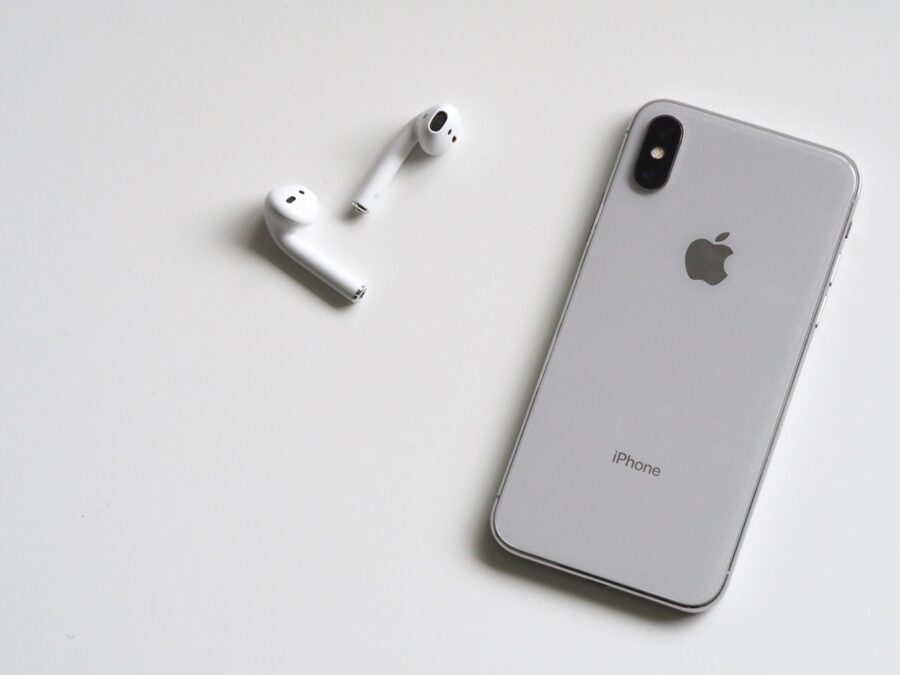The ability to use mobile phones for tracking individuals has long been understood, but that hasn’t stopped US citizens working themselves up into a lather recently, where it has been seen as a threat to civil liberty.
A recent ruling by the US District Court of Massachusetts cast the subject into the spotlight: the court ruled that while law enforcement agencies would need a warrant to obtain current subscriber information – which identifies the mobile masts in contact with the phone, and thus can be used to track individuals – they only needed to have “relevance to an ongoing investigation” to get access to historical data.
Civil liberty campaigners were happy enough that only verifiable suspects could be tracked in real time, using their phone, but appalled that almost anyone’s phone records could be accessed if ‘relevant’ to an ongoing investigation. The decision was “deeply screwy”, says Jennifer Granick, civil liberties director at the Electronic Frontier Foundation.
The brouhaha is reminiscent of that dredged up by the UK government’s Regulation of Investigatory Powers Act, which passed onto the statute book in 2000. But sensitivities in the US have been heightened after its government officials admitted authorising illegal phone taps.
The fuss hasn’t stopped employers taking advantage of tracking capabilities of mobiles. Take the case of John Halpin, a former US schools’ carpenter supervisor. Halpin was fired by his employer, the New York Department of Education, after it used mobile phone records to prove he had submitted false time sheets. The employer was able to track Halpin’s movements using his mobile phone records, and prove he had skipped off work early on several occasions. In September 2007, a judge dismissed Halpin’s case.
Nevertheless, mobile phone maker giant Nokia appears unconcerned about users’ tracking fears. In September 2007, it announced that it was spending $8 billion in acquiring digital navigation tool maker Navteq. Presumably Nokia bosses feel that phone users may find it as useful to know their location as the snoops.






